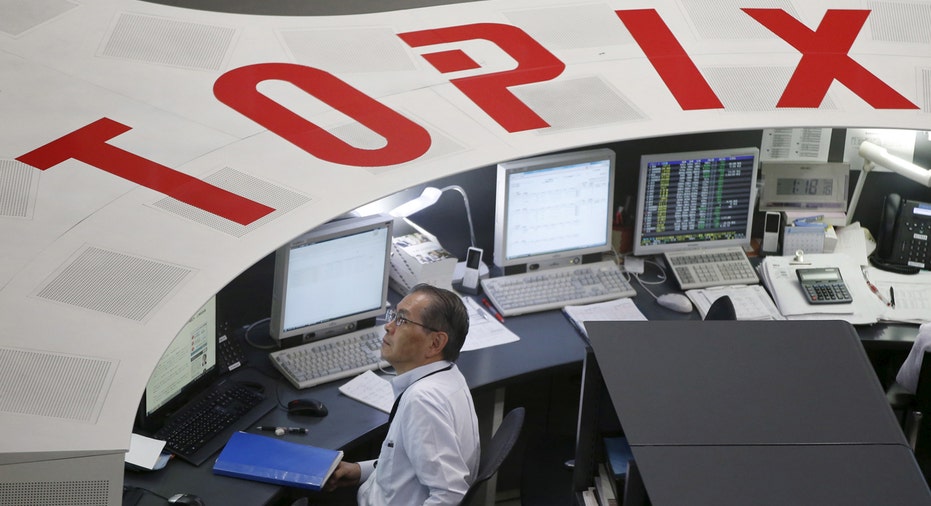Nikkei Posts Biggest Drop in Three Years

Japan's Nikkei share average posted its biggest daily drop in nearly three years on Tuesday, with banks taking the brunt of the sell-off, while a stronger yen dragged down stocks across the board.
The Nikkei ended 5.4 percent lower at 16,085.44 points, its lowest closing level since Jan. 21 and its heftiest percentage drop since mid-2013.
If it falls below 16,017.26, it will be the lowest since October 2014.
European banks led a global sell-off in financial stocks overnight as signs of stress in the sector mounted, triggering sharp selling in the beaten-down Japanese banking sector.
Mitsubishi UFJ Financial sank 8.7 percent and Sumitomo Mitsui Financial dropped 9.0 percent. Japanese banks have been under pressure with the Bank of Japan's negative interest rate policy introduced last month.
"The market is starting to digest that (BOJ's announcement) further and starting to relook at the potential implications not just for financials but for the broader economy, and the fact that the BOJ is running out of policy measures is one thing," said Kei Okamura, assistant investment manager at Aberdeen Investment Management.
The Nikkei has slumped 15 percent so far in 2016, hit by worries about a slowdown in China's growth and sliding crude oil prices. The BOJ's policy action and dismal Japanese corporate earnings have stoked fears among investors.
"I think this sort of succession of events is feeding through to pessimism in the market," Okamura said.
The broader Topix stumbled 5.5 percent to 1,304.33, after hitting as low as 1,299.53, the lowest level since October, 2014. All of its 33 subsectors were in negative territory.
Trading was active, with 3.17 billion shares changing hands, compared to an daily average of 2.3 billion shares. Daily turnover was 3.1 trillion yen, compared to an average of 2.5 trillion yen.
On Tuesday, the Nikkei volatility index hit a six-month high, which triggered the Tokyo Stock Exchange's circuit breaker to suspend trading of the Nikkei volatility index futures.
STRONG YEN BITES EXPORTERS' EARNINGS
A slide in U.S. stocks also spooked the market as uncertainty over whether the Federal Reserve would raise rates this year triggered selling in the dollar.
"Investors are increasingly worried about the U.S. economy, and they are worried that a strong yen will eat into Japanese exporters' earnings," said Yoshinori Shigemi, global market strategist at JPMorgan Asset Management.
"Concerns about Japan Inc's earnings will likely persist this year."
During Asian trade, the dollar briefly crashed through the 115-yen level to its lowest since November 2014.
Exporters were hammered, with Toyota Motor falling 6.1 percent, Honda Motor diving 6.7 percent and Nissan Motor tumbling 7.2 percent.
As investors have become risk averse, securities firms were battered as well. Nomura Holdings dived 9.1 percent while Daiwa Securities declined 5.2 percent.
The JPX-Nikkei Index 400 shed 5.5 percent to 11,771.53.
(Editing by Kim Coghill)



















